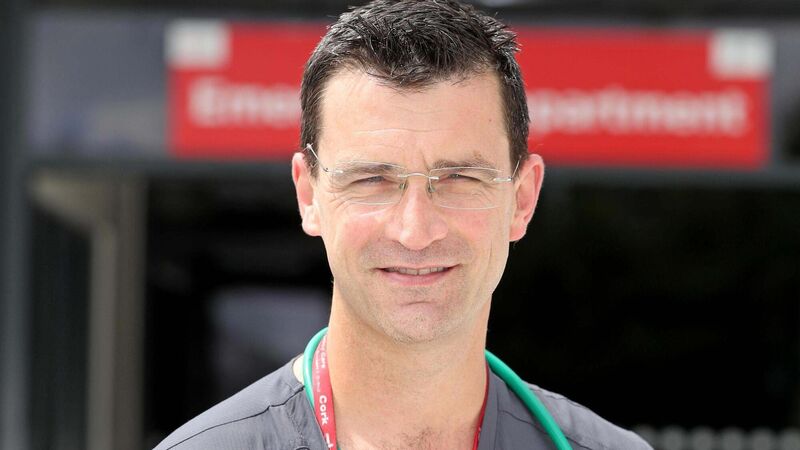Irish rate among the highest in Europe for attempted resuscitation of heart attack victims

Professor Conor Deasy, consultant in emergency medicine, says patients who had CPR early have a far better chance of having a good neurological outcome. Picture: Jim Coughlan.
People in Ireland who witnessed a heart attack attempted to resuscitate the person in 84% of incidents last year, one of the highest rates in Europe.
Cork University Hospital consultant in emergency medicine Conor Deasy called on even more people to get training, saying it is likely to be a loved one at risk as 69% of heart attacks happened at home.










